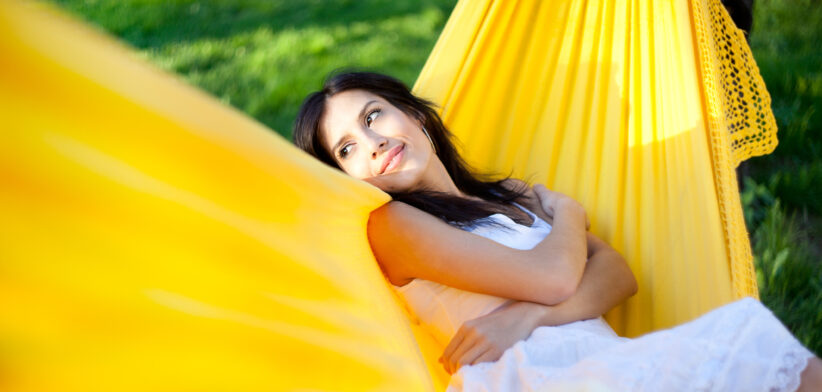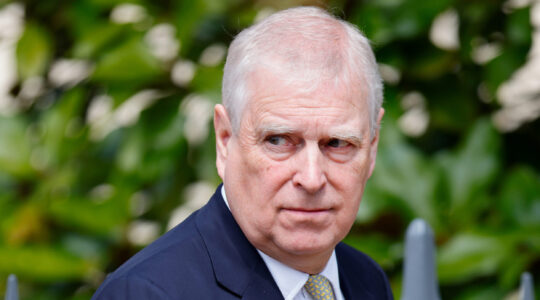By Shane Rodgers
In your teens and twenties, you get a false impression that you can be on the go all day and all night and your body will just bounce back. But the older you get, the slower the bounce back.
Eventually it feels more like a dead cat bounce – or no bounce at all.
There is a mountain of clear evidence that we all work much more effectively when we give our bodies proper recovery time.
The book Rest by Alex Soojung-Kim Pang is a treasure trove of examples from history of how the great achievers used rest as a secret weapon to achieve greatness.
I was particularly struck by the idea that great writers learned to stop work while they were on a roll. This allowed them to pick up at the next session where they left off with no loss of momentum or creative nourishment.
As Ernest Hemmingway put it: “Always stop when you are going good and don’t think about it or worry about it until you start to write the next day. That way your subconscious will work on it all the time. But if you think about it consciously or worry about it you will kill it and your brain will be tired before you start.”
This approach runs counter to how most of us work. We tend to keep going when we are on a roll, fearing that if we stop we will lose our mojo. Since I read the Pang book, I have made a big effort to change my habits. And it works.
That book also cites a multitude of research projects and case studies that back the view that humans have a declining marginal return from the hours worked. Long hours seldom equate to better or even a higher volume of quality work outcomes.
Even when faced with compelling research, many of us struggle to prioritise rest time. Personally, any time I spend resting tends to be accompanied with a feeling of guilt.
I think this comes from a busy life – working hard, raising kids, trying to keep a house maintained and functional and never, ever running out of things to do.
The things we need to do just keep staring at us and willing us to get off the bed or the couch and do something. Increasingly I have realised that rest can’t be the opposite of doing something. It has to be an important something in itself.
Whenever I write about this subject, I find a large amount of the response comes from people in the finance and legal industries, particularly young people who are finding their days are fully dominated by work.
It feels like the emerging generation of young workers are caught in a quandary between getting ahead quickly and feeling that their lives are out of balance. I get countless emails and messages from people who feel trapped in a working life that leaves them feeling empty.
There is no simple answer. Ultimately, we all have to decide how we will prioritise our time and whether we will control our lives or let others control them for us. We all need to ask what really matters and what is really achieved by working too hard and never resting.
When I talk to people who believe that have a balanced life, the common thread seems to be that they lock in time for rest and recreation. It is their highest priority rather than something they just do if there is any time left in the day.
When I was growing up, my parents said all humans needed eight hours sleep, eight hours work and eight hours play each day. That wasn’t a bad place to start.
Shane Rodgers is the author of Worknado – Reimaging the way you work to live








